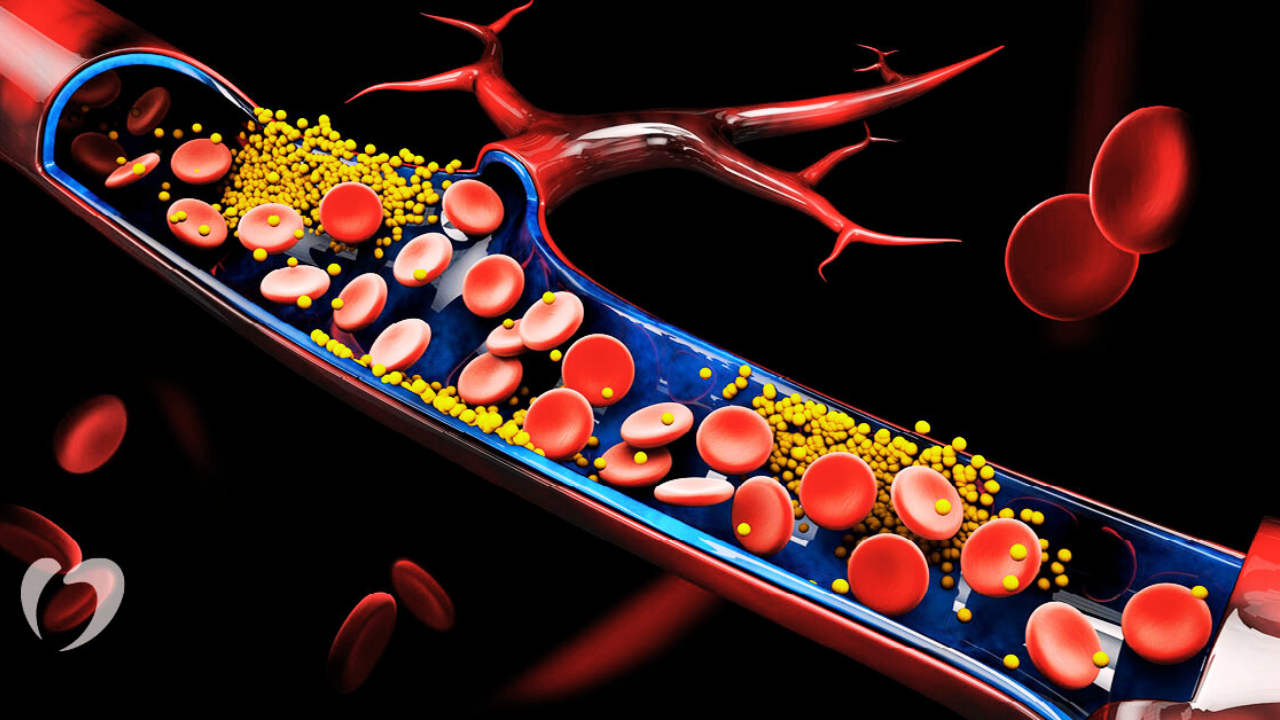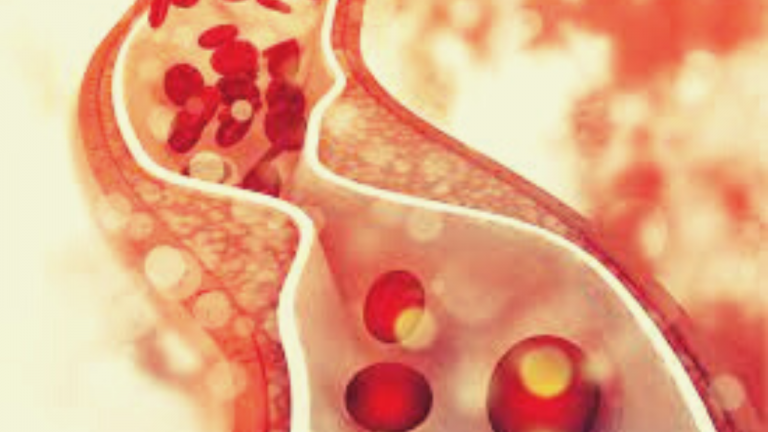What is the Proper Diet to Reduce Bad Cholesterol?

Maintaining a healthy diet is important for managing cholesterol levels, especially the “bad” cholesterol or LDL (low-density lipoprotein) cholesterol. Here are some dietary guidelines that can help reduce LDL cholesterol:
Choose healthy fats: Replace saturated and trans fats in your diet with healthier fats. Limit your intake of red meat, full-fat dairy products, fried foods, and processed snacks. Instead, opt for foods rich in monounsaturated fats (e.g., olive oil, avocados, nuts) and polyunsaturated fats (e.g., fatty fish, flaxseeds, chia seeds).
Increase fiber intake: Soluble fiber helps lower LDL cholesterol levels. Include plenty of fruits, vegetables, whole grains, legumes, and oats in your diet. Aim for at least 25-30 grams of fiber per day.
Consume fatty fish: Fatty fish, such as salmon, mackerel, sardines, and trout, are rich in omega-3 fatty acids, which can help reduce cholesterol levels. Aim for two servings of fatty fish per week.
Add plant sterols and stanols: Sterols and stanols are substances naturally found in plants that can help lower LDL cholesterol. They are often added to certain fortified foods and beverages, such as margarine or orange juice. Consuming 2 grams of plant sterols or stanols per day can have a positive impact on cholesterol levels.
Include lean proteins: Choose lean protein sources like skinless poultry, fish, legumes, and tofu. Limit or avoid high-fat meats and processed meats, as they can contribute to elevated cholesterol levels.
Reduce refined carbohydrates and added sugars: High intake of refined carbohydrates and added sugars can negatively affect cholesterol levels. Limit your consumption of sugary drinks, sweets, white bread, and refined cereals. Instead, opt for whole grains and foods with natural sugars like fruits.
Moderate alcohol consumption: If you drink alcohol, do so in moderation. Moderate alcohol intake, such as one drink per day for women and up to two drinks per day for men, may have some heart health benefits. However, excessive alcohol consumption can raise cholesterol levels and have other detrimental effects on health.
Remember that dietary changes should be part of an overall heart-healthy lifestyle. Regular physical activity, not smoking, and maintaining a healthy weight are also essential for managing cholesterol levels effectively. It’s always a good idea to consult with a healthcare professional or a registered dietitian for personalized advice tailored to your specific needs and health conditions.



